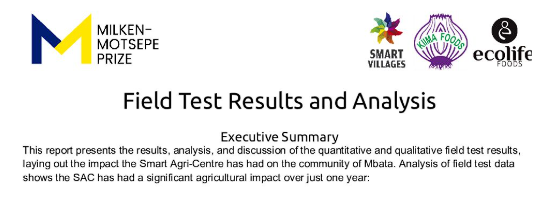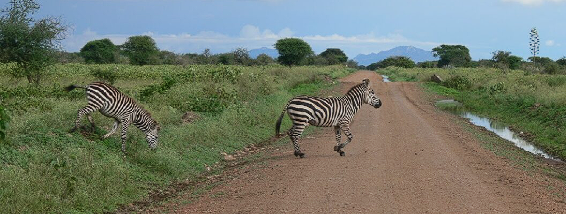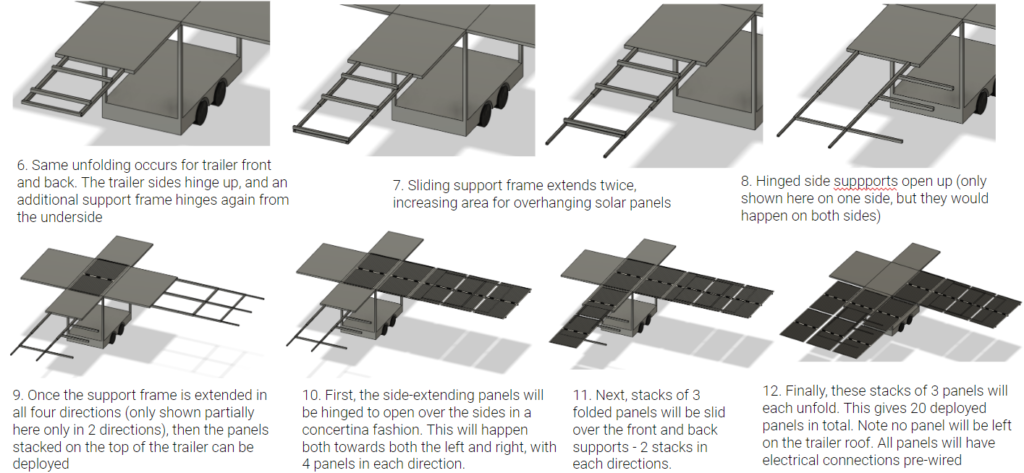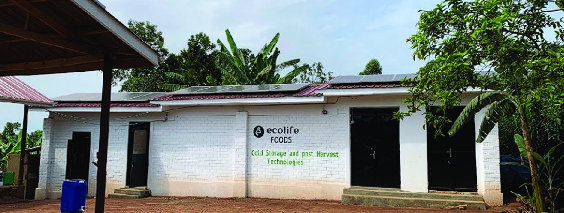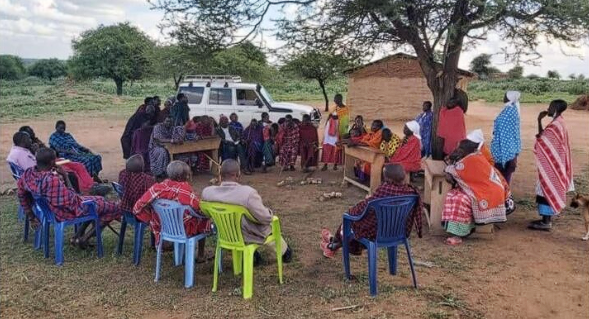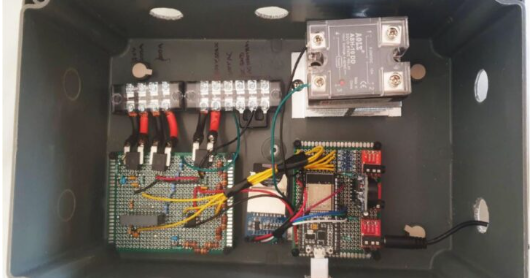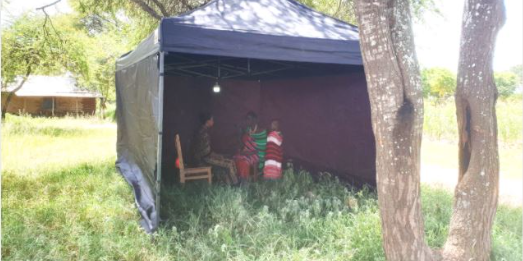Smart Agri-Centres: Impact Flyer
Click on the image above to download a two page flyer outlining SVRG’s Smart Agri-Centre solution for rural offgrid communities, and detailing the community-wide impacts that a SAC can generate sustainably into the future.
Smart Agri-Centres: Impact Flyer Read More »





